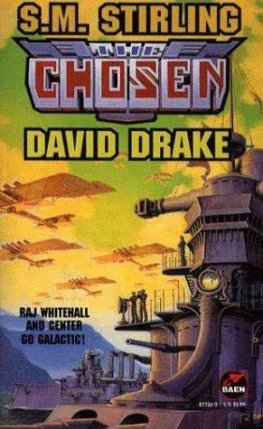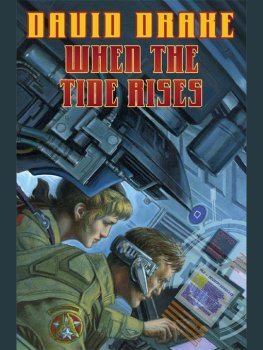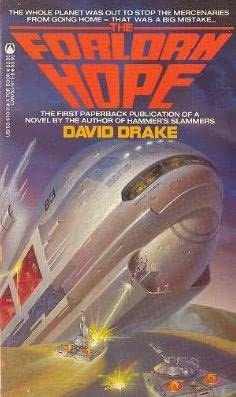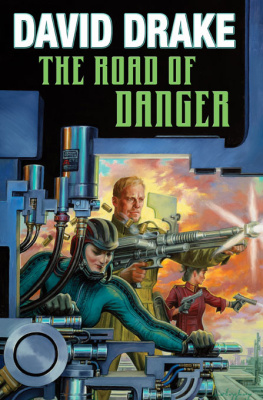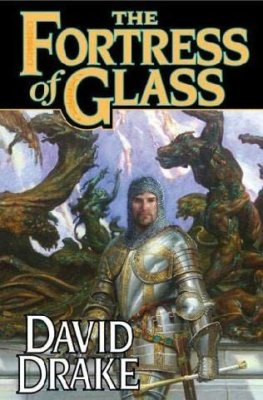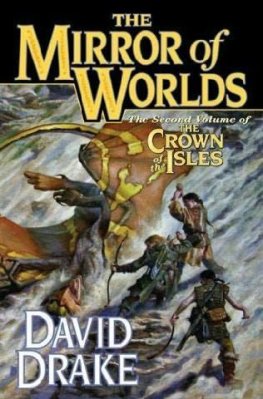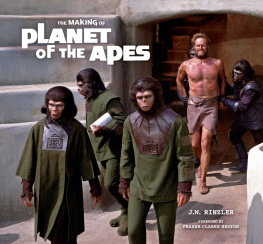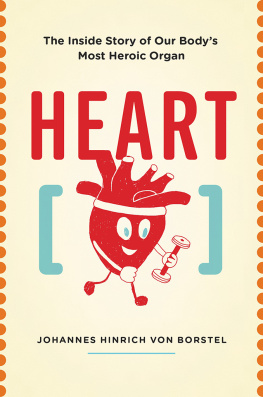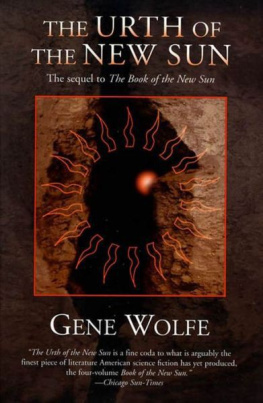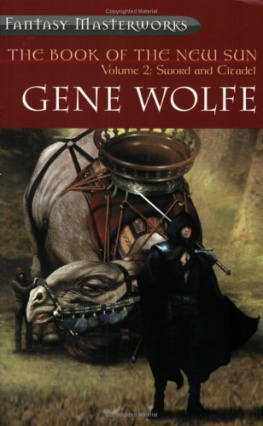David Drake - The Complete Hammer's Slammers, Vol. 1
Here you can read online David Drake - The Complete Hammer's Slammers, Vol. 1 full text of the book (entire story) in english for free. Download pdf and epub, get meaning, cover and reviews about this ebook. genre: Science fiction. Description of the work, (preface) as well as reviews are available. Best literature library LitArk.com created for fans of good reading and offers a wide selection of genres:
Romance novel
Science fiction
Adventure
Detective
Science
History
Home and family
Prose
Art
Politics
Computer
Non-fiction
Religion
Business
Children
Humor
Choose a favorite category and find really read worthwhile books. Enjoy immersion in the world of imagination, feel the emotions of the characters or learn something new for yourself, make an fascinating discovery.

- Book:The Complete Hammer's Slammers, Vol. 1
- Author:
- Genre:
- Rating:4 / 5
- Favourites:Add to favourites
- Your mark:
- 80
- 1
- 2
- 3
- 4
- 5
The Complete Hammer's Slammers, Vol. 1: summary, description and annotation
We offer to read an annotation, description, summary or preface (depends on what the author of the book "The Complete Hammer's Slammers, Vol. 1" wrote himself). If you haven't found the necessary information about the book — write in the comments, we will try to find it.
The Complete Hammer's Slammers, Vol. 1 — read online for free the complete book (whole text) full work
Below is the text of the book, divided by pages. System saving the place of the last page read, allows you to conveniently read the book "The Complete Hammer's Slammers, Vol. 1" online for free, without having to search again every time where you left off. Put a bookmark, and you can go to the page where you finished reading at any time.
Font size:
Interval:
Bookmark:
David Drake
The Complete Hammer's Slammers, Vol. 1
Introduction
BY GENE WOLFE
It is remarkablethough never remarkedhow few writers have been soldiers in wartime. Kipling, who wrote of soldiers and soldiering as well as anyone ever has, was never himself a soldier. I believe I am correct in saying that Hemmingway was never a soldier, although he drove an ambulance and was wounded in combat. Avram Davidson presents a peculiar case; as a Marine medic in World War Two he was technically a sailor, although he wore a Marine uniform and treated wounded Marines in the South Pacific. Subsequently he jumped through all sorts of legal hoops to stay out of the Israeli Army while fighting Arabs, since service in the army of a foreign nation would have cost him his US citizenship.
Such are the exceptionssome of the few writers at the edge of military service who were, or may have been, shot at. The Red Badge of Courage is often called the greatest of all war novels; Stephen Crane did not take part in the Civil War, although he interviewed many men who did.
David Drake is a writer of the rarest kind. He knows soldiers because he has been one, and knows war because he has been there. He knows more: he knows how to speculate plausibly about the future of soldiering and the future of war.
People who know as little of science fiction as most science fiction writers know of war believe that the business of science fiction is to predict the futureto extrapolate rationally from present trends, and, especially, present fads.
We should thank God that it is not. Rational extrapolation is a pistol, effective only at short ranges and not very effective there. The duty of science fiction is to tell us not what will be, but what might be, what the future may hold, what human reactions to it are likely, and what results are apt to ensuesocially, economically, militarily, romantically, and in every other department of life.
More and better than any other writer, David Drake does this for the wars of the future and the men and women who will fight them. Like every science fiction writer, he assumes that certain technological developments have taken place. He also assumes, as all who write science fiction are forced to, that certain others have not taken place. (He is, of course, fully capable of making a different set of assumptions and writing a good story around those.) Self-appointed experts may disagree with the assumptions of the Hammer's Slammers stories. They know exactly what war in the far future will be like. That there will be no war, or that wars will be fought entirely by robots while human beings sit around hoping not to die at the end. Or whatever. We should ask them and all such experts whether they have made their fortunes in the stock market. If there really were people capable of predicting what lifeand deathwill be like a thousand years from now, they would be capable of predicting what those things will be like just a few years from now, wouldn't they? Of predicting it and making shrewd investments. After all, there are men who can jump a one-foot ditch but cannot jump a three-foot ditch; but there are no men who can jump a threefoot ditch but cannot jump a one-foot ditch. Prediction is a rifle, less accurate as the range increases.
We can argue with any assumption found in any science fiction story. It will give us a good bull session, and perhaps even a bit of enlightenment. Still, we cannot rationally deny these assumptions. In science, it is the happy fate of human kind to know what is possible but not what is impossible. In 1946, anyone who said that all the wars to come in the Twentieth Century would be non-nuclear would have been laughed to scorn.
On what basis, then, can we judge a science fiction writer's assumptions? (Assuming that they seem relatively plausible.) Reading any story in this book will supply the answer. Good science fiction assumptions are those that lead to a good science fiction story.
Ah, but what is a good science fiction story? That is a question we might debate endlessly. I can no more give you a definitive answer than the next reader of David Drake's next book can. But by references to Dave's stories in this one, I can illustrate my own opinions. I will try to do it without hurting those stories for youthe last thing I want to do is deprive you of the pleasures this book affords.
First, a good science fiction story gives us that famed sense of wonder. The intricacies of future tank warfare do that for me, and you will find plenty of those here.
Second, a good science fiction story gives us a place to stand on, something that checks with our own experience. At some point in the story, we need to say to ourselves, "Why, I've been there!" Or, "I knew her!" Or, "That's just how it was for me!"
I find a number of these in the stories in this book, and so will you. My favoritesmy own dear pets among them allare the open-topped combat cars the Slammers use for recon. I rode in open APCs (Armored Personnel Carriers) once, you see, and hunkered down as the shells banged and boomed outside and the shrapnel screamed overhead.
Third, a good science fiction story must be a good story, just as a good crime story must be a good story. It must give us someone to like who has problems we want to read about; Colonel Hammer and Danny Pritchard are obvious examples. They may be smarter than we are, and braver than we are; but they are anything but alien to us. They are human beings, and recognizably so. We like them, and can imagine ourselves standing in their boots.
Here I am going to set off on a private rantstop me if you can. War stories written by people who know nothing of wars and even less of the men and women who fight them often tell us at great length that those men and women are dehumanized, and try their damnedest to show them like that. Soldiers are often tired enough to drop, and people tired enough to drop are seldom as quick with a quip as the cast of M*A*S*H. But if that level of fatigue dehumanizes them, we can forget about the next guy who gets lost in the woods for three days. After the second day he is no longer human, so why should we care?
I have known one man, a fellow soldier long ago, whom I considered dehumanized. He grasped his rifle tightly just about all the time, and although we tried to keep ammunition away from him, it was impossible where we were: that rifle almost always had a round in the chamber, and the safety was always off. Looking ahead, and looking left and right, and looking behind him without cease, he repeated: "There ain't no Chinks around here, I want to go back to Baker Company. I want to go back to Baker, there ain't no Chinks around here. There ain't no Chinks around here, I'm goin' back to Baker Company, ain't no Chinks around here." We had him instead of Baker Company because we were about a mile behind the Main Line of Resistance just then, while Baker Company was on line and manning outposts.
Also because the guys in Baker Company were threatening to kill him before he killed them. He was suicidally courageous, would never remove the filthy fatigue cap he wore under his helmet, and had other peculiarities. I once met him on a dusty road as he walked along muttering to himself and kicking a human head as boys used to kick tin cans. (If I had been as quick as I like to pretend, I would have suggested he take it to the Battalion Intelligence Officer for questioning.) When we, too, began threatening to kill him, the brass at last concluded that he was not simply angling for a Section Eight.
The point of all this is that this one soldier was unlike anyone else in our company, and was in fact certifiably and dangerously psychotic. And that he was a lone exception among the hundreds of soldiers I fought behind, beside, and now and then in front of. Ken Clough was perhaps the sanest man I have known. I watched him one day when he was caught in a mortar barrage; and just when I felt certain he had been killed, he rolled onto his back and lit a cigarette. Lieutenant Wilcox, who killed thirteen enemy in one day with a thirty-eight, was thoroughly human and as fine an officer as I ever saw.
Font size:
Interval:
Bookmark:
Similar books «The Complete Hammer's Slammers, Vol. 1»
Look at similar books to The Complete Hammer's Slammers, Vol. 1. We have selected literature similar in name and meaning in the hope of providing readers with more options to find new, interesting, not yet read works.
Discussion, reviews of the book The Complete Hammer's Slammers, Vol. 1 and just readers' own opinions. Leave your comments, write what you think about the work, its meaning or the main characters. Specify what exactly you liked and what you didn't like, and why you think so.

